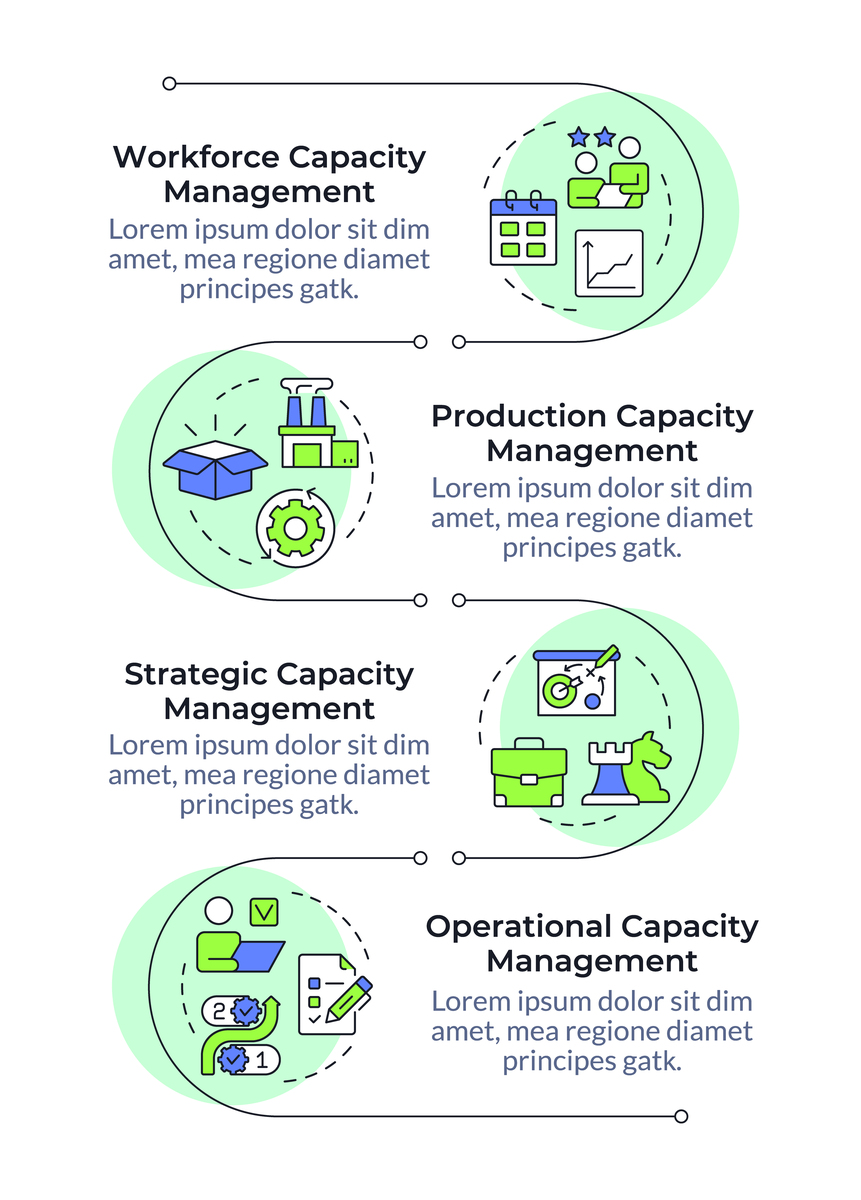PCL Point Cloud Minimum Spanning Tree (MST) with Curvature Filtering
#include
struct Edge { int src, tgt; float weight; };
class Graph {
public:
int V, E;
std::vector
Graph(int v, int e) : V(v), E(e) {}
void addEdge(int src, int tgt, float weight) {
Edge edge;
edge.src = src;
edge.tgt = tgt;
edge.weight = weight;
edges.push_back(edge);
}
int find(std::vector<int>& parent, int i) {
if (parent[i] == -1)
return i;
return find(parent, parent[i]);
}
void Union(std::vector<int>& parent, int x, int y) {
int xset = find(parent, x);
int yset = find(parent, y);
parent[xset] = yset;
}
void KruskalMST(pcl::PointCloud<pcl::PointXYZ>::Ptr cloud, std::vector<Edge>& result) {
std::vector<Edge> sorted_edges = edges;
std::sort(sorted_edges.begin(), sorted_edges.end(), [](const Edge& a, const Edge& b) {
return a.weight < b.weight;
});
std::vector<int> parent(V, -1);
int count = 0;
for (int i = 0; i < E; ++i) {
int src_parent = find(parent, sorted_edges[i].src);
int tgt_parent = find(parent, sorted_edges[i].tgt);
if (src_parent != tgt_parent) {
result.push_back(sorted_edges[i]);
Union(parent, src_parent, tgt_parent);
count++;
}
if (count == V - 1)
break;
}
}
};
float euclideanDistance(const pcl::PointXYZ& p1, const pcl::PointXYZ& p2) { float dx = p1.x - p2.x; float dy = p1.y - p2.y; float dz = p1.z - p2.z; return std::sqrt(dxdx + dydy + dz*dz); }
int main() {
std::vector
// Compute the centroid of the point cloud
Eigen::Vector4f centroid;
pcl::compute3DCentroid(*cloud, centroid);
// Compute the normals of the point cloud
pcl::NormalEstimation<pcl::PointXYZ, pcl::Normal> ne;
pcl::PointCloud<pcl::Normal>::Ptr cloud_normals(new pcl::PointCloud<pcl::Normal>);
pcl::search::KdTree<pcl::PointXYZ>::Ptr tree(new pcl::search::KdTree<pcl::PointXYZ>);
ne.setInputCloud(cloud);
ne.setSearchMethod(tree);
ne.setKSearch(40);
ne.compute(*cloud_normals);
// Calculate the edge weights based on Euclidean distance between points
for (int i = 0; i < cloud->size() - 1; ++i) {
const auto& src_point = cloud->points[i];
for (int j = i + 1; j < cloud->size(); ++j) {
const auto& tgt_point = cloud->points[j];
float distance = euclideanDistance(src_point, tgt_point);
edges.emplace_back(Edge{i, j, distance});
}
}
// Create a graph with V vertices and E edges
int V = cloud->size();
int E = V * (V - 1) / 2;
Graph graph(V, E);
for (const auto& edge : edges) {
graph.addEdge(edge.src, edge.tgt, edge.weight);
}
// Perform minimum spanning tree (MST) algorithm
std::vector<Edge> result;
graph.KruskalMST(cloud, result);
// Perform curvature filtering to select leaf and stem points
// ...
// Use the selected points to create a new point cloud and perform MST
// ...
return 0;
}

原文地址: https://www.cveoy.top/t/topic/po9U 著作权归作者所有。请勿转载和采集!